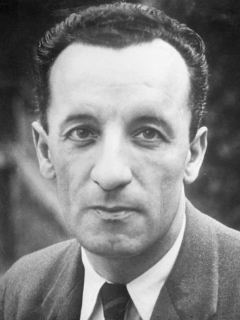
Publication details
Publisher: Springer
Place: Berlin
Year: 2005
Pages: 49-72
Series: Phenomenology and the cognitive sciences
Full citation:
, "Animals and humans, thinking and nature", Phenomenology and the cognitive sciences 4 (1), 2005, pp. 49-72.


Animals and humans, thinking and nature
pp. 49-72
in: Phenomenology and the cognitive sciences 4 (1), 2005.Abstract
Studies that compare human and animal behaviour suspend prejudices about mind, body and their relation, by approaching thinking in terms of behaviour. Yet comparative approaches typically engage another prejudice, motivated by human social and bodily experience: taking the lone animal as the unit of comparison. This prejudice informs Heidegger's and Merleau-Ponty's comparative studies, and conceals something important: that animals moving as a group in an environment can develop new sorts of "sense." The study of animal group-life suggests a new way of thinking about the creation of sense, about the body, the brain, and the relation between thinking and nature.
Cited authors
Publication details
Publisher: Springer
Place: Berlin
Year: 2005
Pages: 49-72
Series: Phenomenology and the cognitive sciences
Full citation:
, "Animals and humans, thinking and nature", Phenomenology and the cognitive sciences 4 (1), 2005, pp. 49-72.


